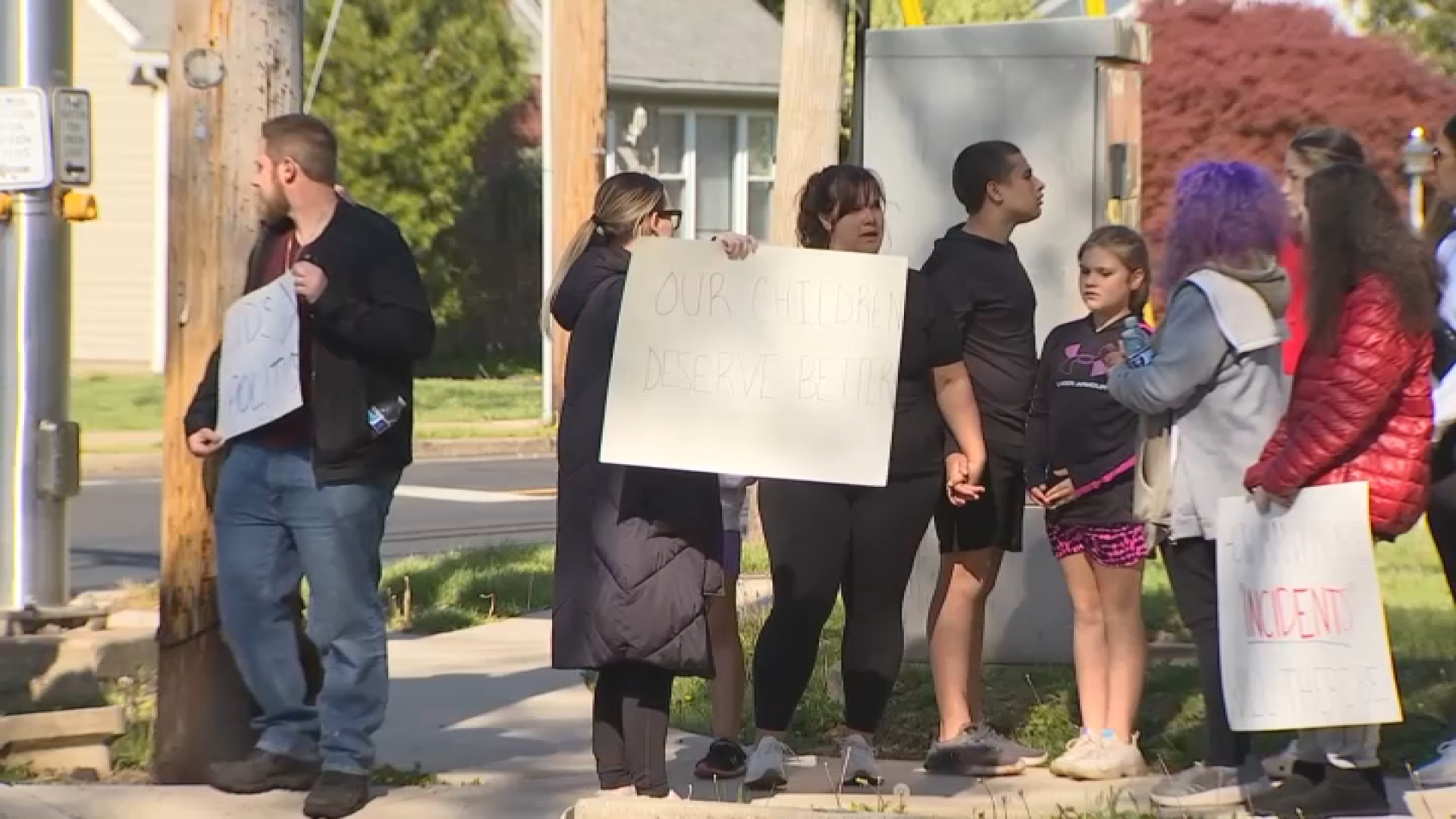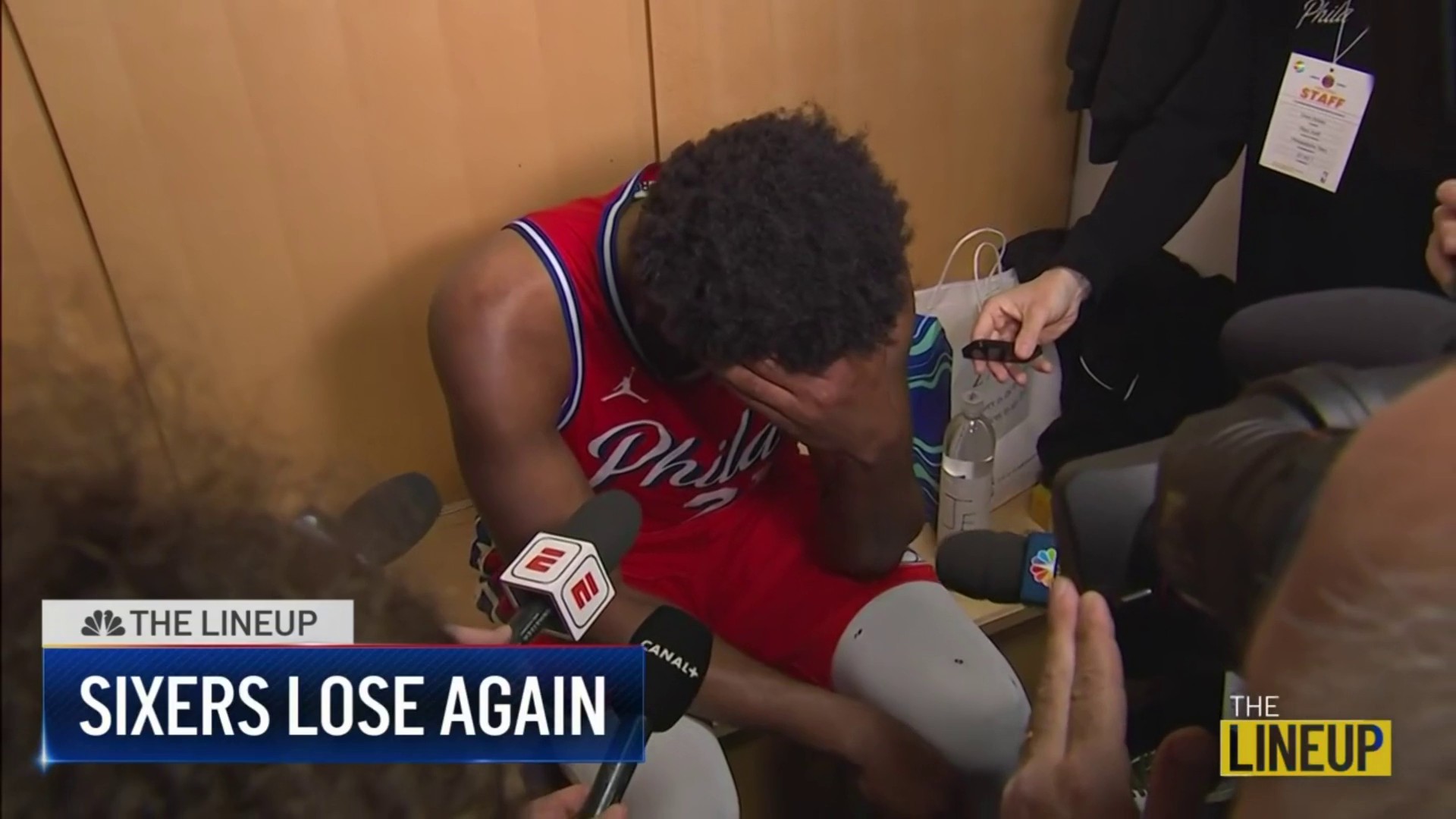Reductions in Medicaid spending in the just-unveiled health care bill written by Pennsylvania Sen. Pat Toomey and his fellow U.S. Senate Republicans emerged as a crucial flashpoint Thursday in Toomey's home state where the program covers one in five people.
While Toomey praised those curbs, saying they would preserve an increasingly expensive program, Democratic Gov. Tom Wolf warned of the loss of billions of future federal health care dollars to Pennsylvania and the damage it could do to hospitals and nursing care for seniors and children with disabilities.
Wolf called it "even crueler" than a GOP-penned bill that passed the U.S. House last month.
Pennsylvania's Democratic Sen. Bob Casey slammed the Senate GOP bill, saying it "sells out" the middle class, seniors, children and the disabled to finance tax breaks for the wealthy. The Hospital and Healthsystem Association of Pennsylvania said the bill would jeopardize coverage and disproportionately affect the elderly and poor, and the AARP of Pennsylvania said it believed the bill would be problematic for its members.
UPMC, the Pittsburgh-based insurer and hospital system, said it is concerned the legislation could increase the number of uninsured and underinsured people, particularly among the poor and elderly.
Many, including Toomey, were still going through the text of the just-released bill Thursday, long-promised by Senate Republicans in their effort to dismantle much of former President Barack Obama's health care law. In Pennsylvania, 2.8 million people are covered by Medicaid, the joint federal-state medical care program.
Under Obama's law, Pennsylvania expanded Medicaid coverage to another 700,000 people starting in 2015, largely low-income childless working adults, taking advantage of the more generous federal subsidy.
Toomey, among the Senate's most fiscally conservative members, had a hand in writing the bill and said he likely would vote for it. He could not immediately point to anything in it that would keep him from voting for it, although he said he expected changes to the bill in the Senate.
"Pennsylvanians expected me to keep my word and I said I would do everything I can to repeal as much of this (law) as we can and move health care in the direction where patients and consumers are making decisions, not bureaucrats," Toomey told reporters on a conference call. "I think this bill takes us a big step in that direction."
The bill, he said, would not accomplish everything he had hoped to change in the health care market, but that such things could be accomplished later, assuming this bill passes.
Toomey downplayed concerns over Medicaid funding, saying he did not expect dramatic changes.
The federal government would still commit to funding the Medicaid expansion, albeit at a roughly 50 percent rate in Pennsylvania, compared to the 90 percent long-term rate under Obama's law. The bill's cap on Medicaid costs also would allow that expense to rise with inflation, more slowly than the program's historical growth rate, Toomey said.
"Over time, it will hopefully go up less rapidly than it was otherwise going to go up, but sort of permanently expanding federal contributions in the Medicaid category are simply not a catastrophic cut, as some would like to characterize it," Toomey said.
Local
Breaking news and the stories that matter to your neighborhood.
He expects states will decide whether to continue to cover the expansion population and that everyone else on Medicaid would be "unaffected."
Wolf's administration said it expected that the Senate bill would inflict deeper Medicaid cuts on Pennsylvania than the $4.5 billion a year it had projected in lost federal health care dollars under the House bill. The growth cap would force states to choose between limiting enrollment or limiting per person costs in the program, said Brendan Harris, a deputy secretary for the Department of Human Services.
People against the GOP health plan staged a 24-hour vigil outside Toomey's offices in Old City Philadelphia to voice their displeasure.



